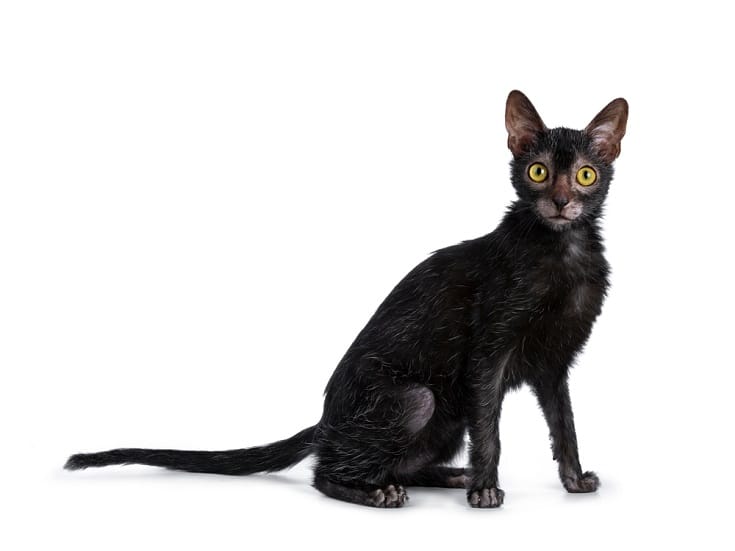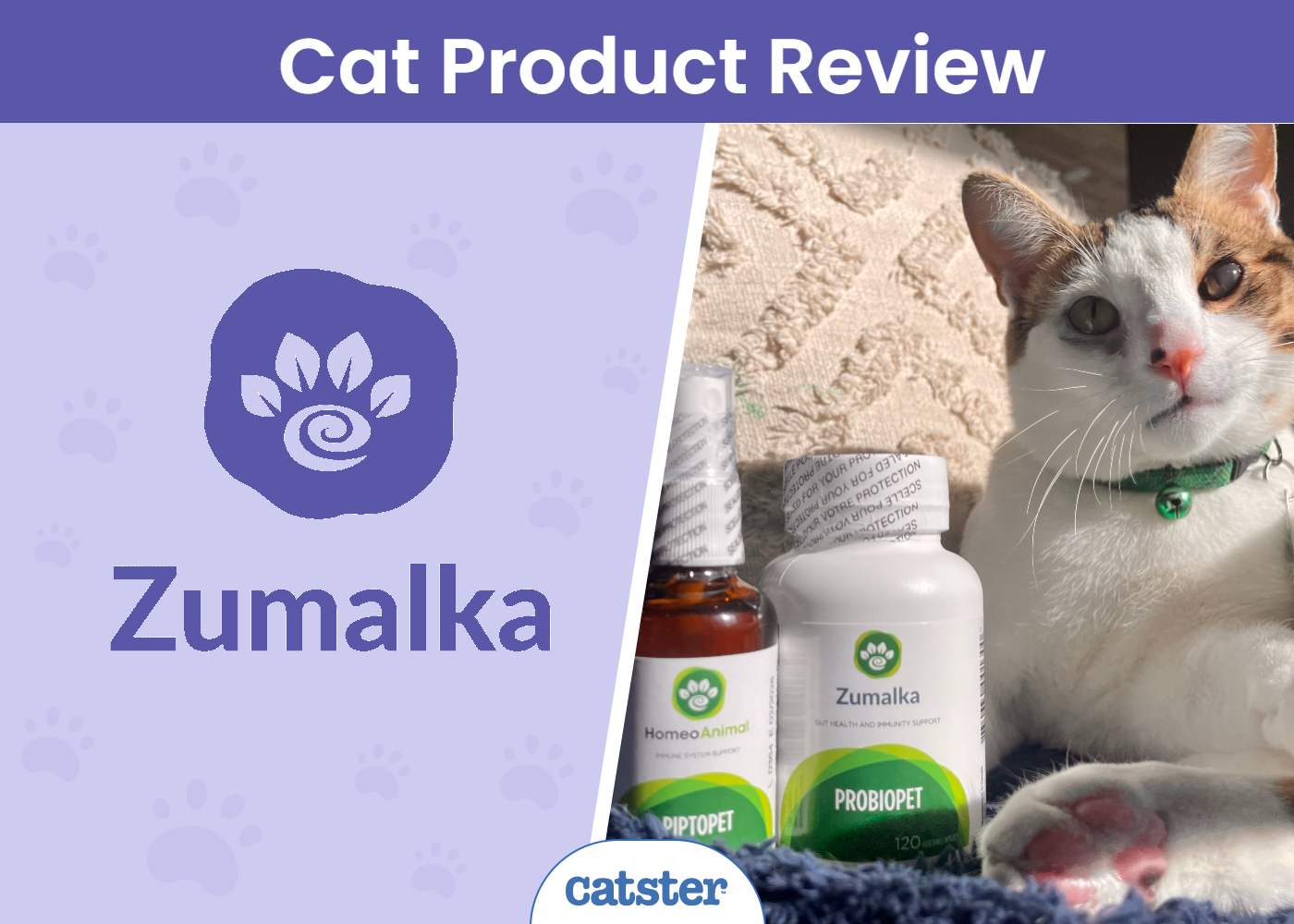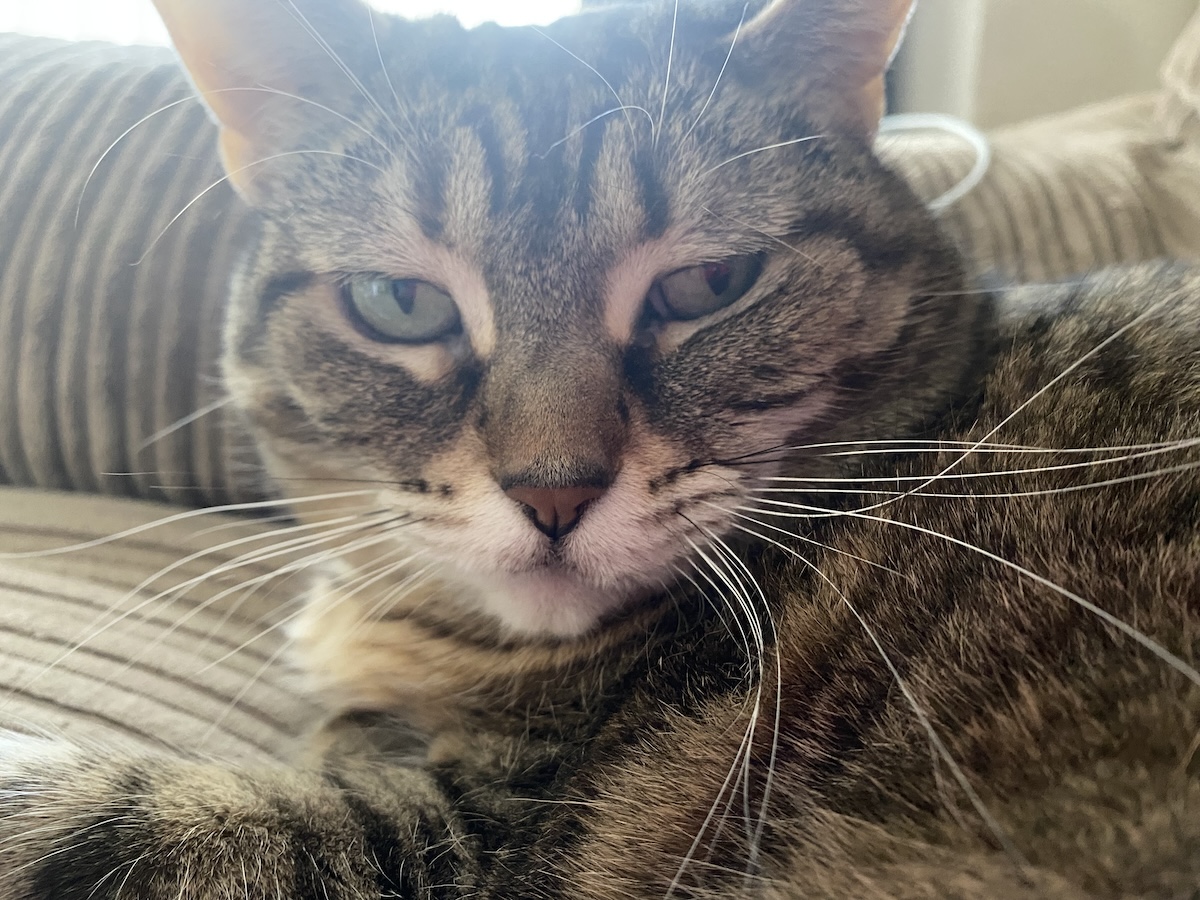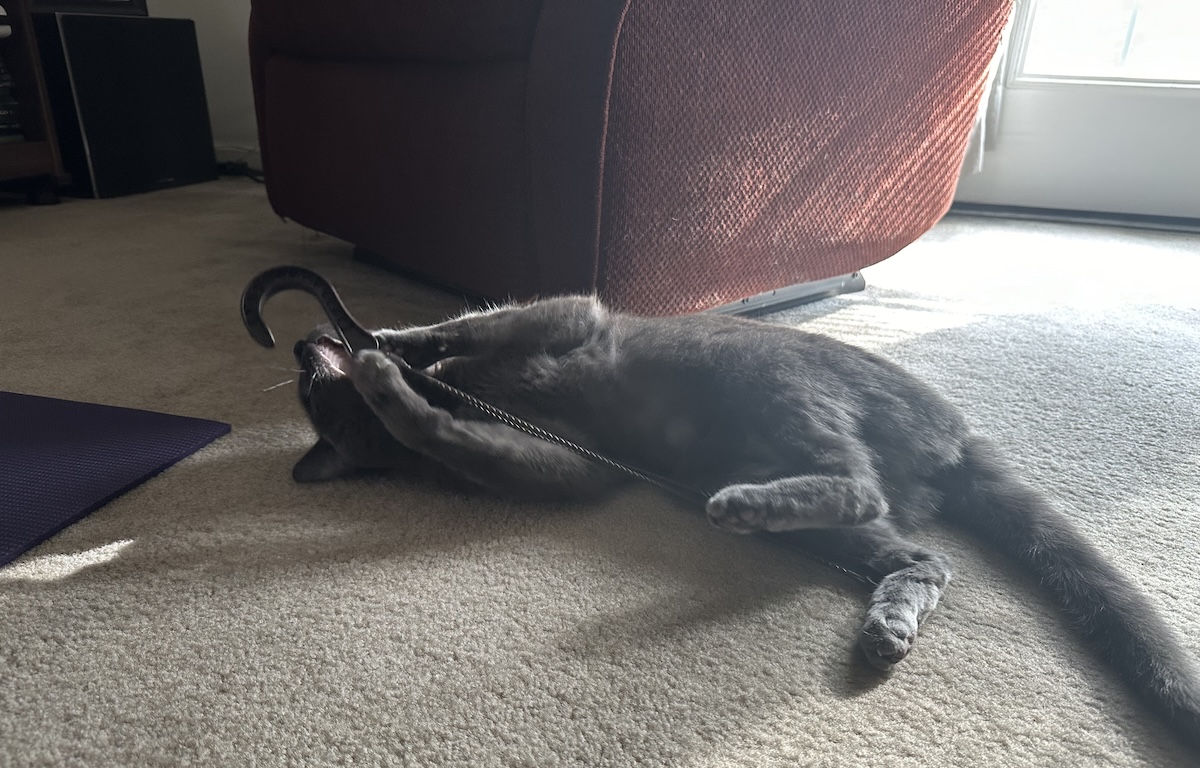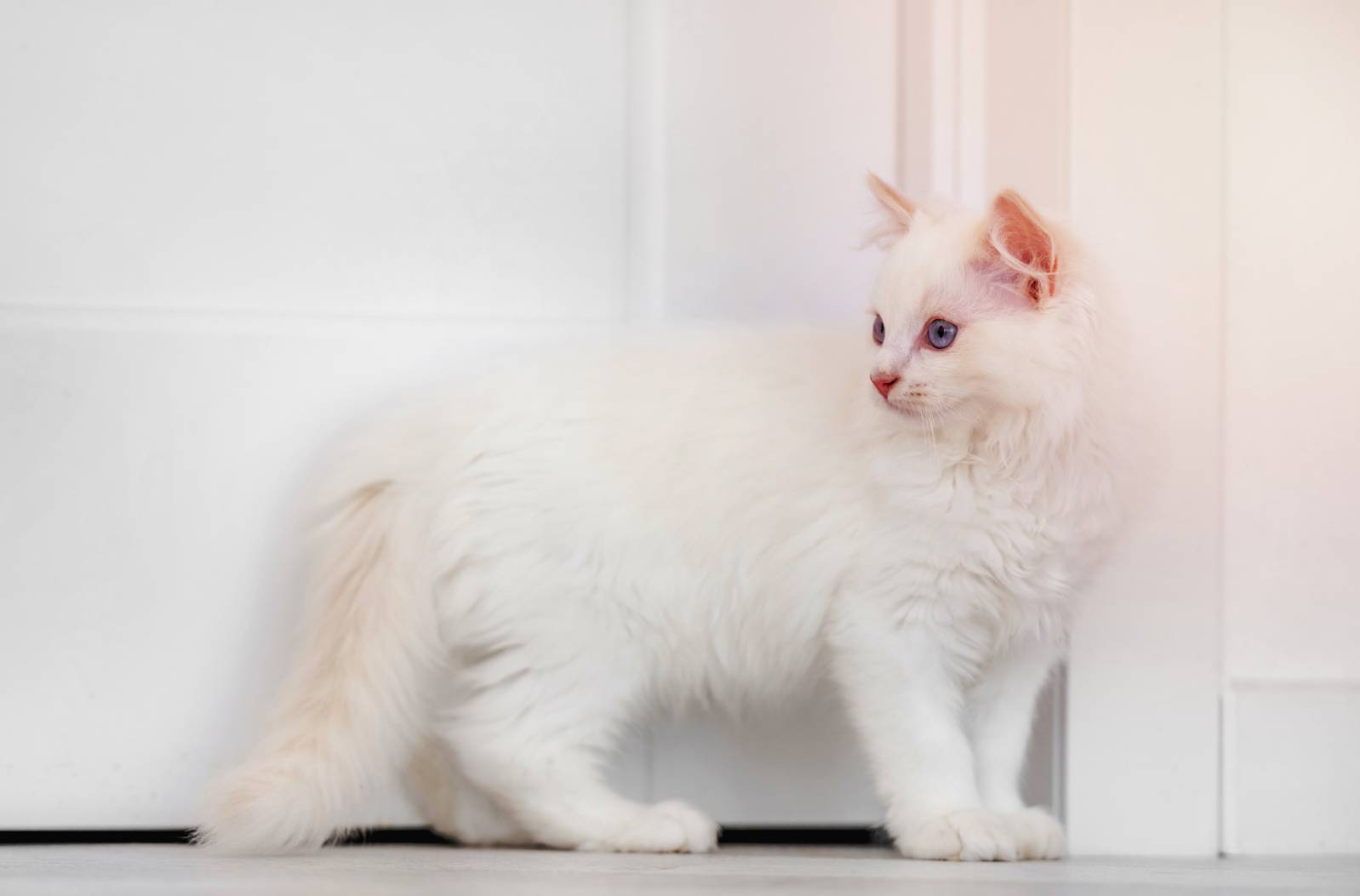As one of the most unique and rarest cat breeds in existence, the Lykoi cat has not been studied much in the veterinarian or science worlds. That said, personal anecdotes can give us an indication of how these cats act and behave.
We know that this breed is born with a mutation that makes their hair fall out periodically — although the hair always grows back. However, we don’t have a clear outlook about any specific health conditions that this particular breed might be susceptible to besides the ones that are common to all cat breeds. Here are common ailments that Lykoi owners should be aware of.

The 4 Lykoi (Wolf Cat) Health Problems
1. Feline Immunodeficiency Virus
Feline immunodeficiency virus (FIV) is a common disease for cats. It is a virus that attacks the immune system. It is extremely infectious, which is why it’s so common, especially among stray cats and pets that spend time outdoors where they can encounter strays.
FIV can be transmitted through bite wounds and through birth if the mother cat is infected with the virus. A cat that contracts FIV may seem normal at first. However, as their immune system is attacked, they will likely start to develop secondary infections because the immune system can’t effectively protect the body. There is no cure for FIV, but treatments can ensure a happy life for several years.
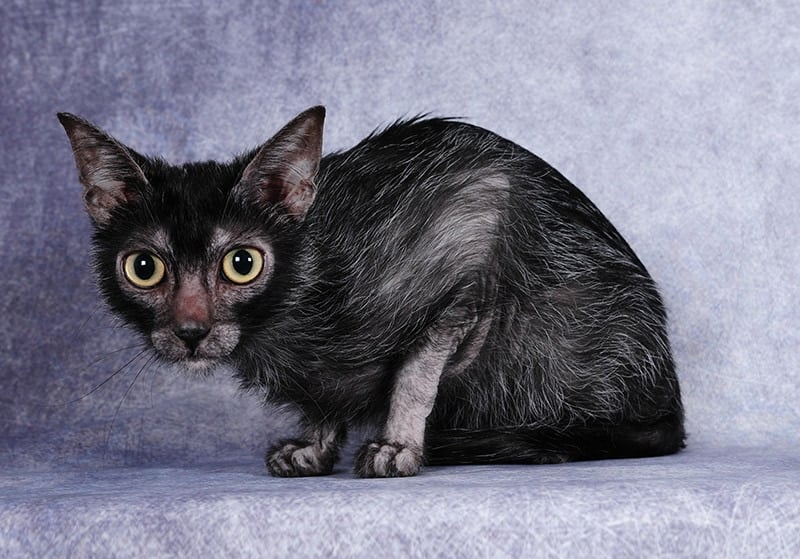
2. Diabetes
Just like humans, cats can develop diabetes. If left to advance without treatment, diabetes can result in serious side effects such as a lack of appetite, severe weight loss, dehydration, vomiting, a loss of motor function, and even depression. Most cats can be treated for diabetes via insulin therapy, diet changes, and oral medications.
3. Cancer
It is theorized that one in every five cats develops cancer at some point in their lives. Several types of cancer are common among our feline friends, including lymphoma, mast cell tumors, squamous cell carcinoma, and bone cancer. Some cancers can be cured if caught early enough. Cancers that cannot be cured can be treated and managed to extend the life of the affected cat.
Therefore, it is extremely important to commit to regular veterinarian checkups for your Lykoi kitty throughout their entire life. This is the most effective way to catch serious problems like cancer early enough to do something about it. As your cat gets older, they will likely need more checkups each year to maintain good health.
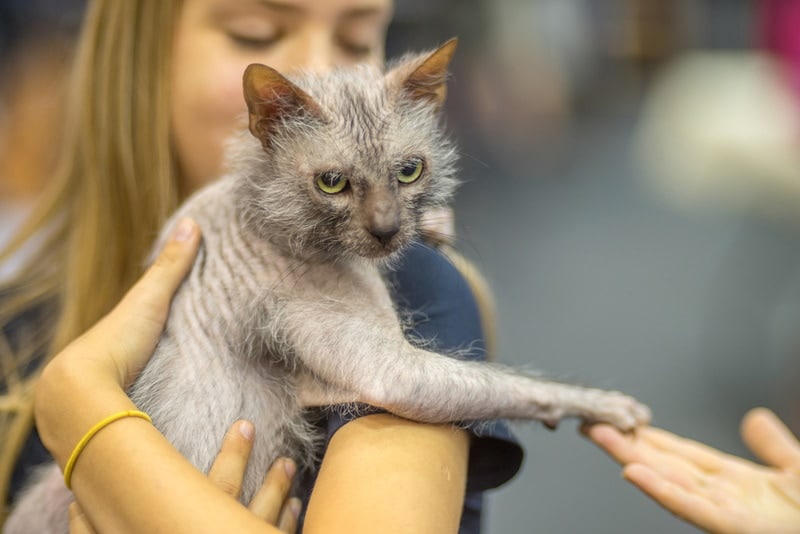
4. Heartworm
Cats can get heartworm like dogs and other animals can, but they are not considered natural hosts of the heartworm. This means it’s tough for heartworms to live to adulthood while utilizing a cat as a host. However, this does not mean that younger heartworms can’t do as much damage as adults.
The signs of heartworms in cats include occasional vomiting, coughing, wheezing, and weight loss. There is no treatment for heartworms in cats like there is for dogs, so it is important to take preventative steps. Never take your Lykoi kitty anyplace where heartworms and/or mosquitoes are known to be an issue. You can also administer monthly preventative treatments to your cat for extra protection.
How to Keep Your Lykoi Cat Healthy and Free of Disease
While you can’t always prevent the development of diseases and illnesses, there are a few things that you can do to keep your kitty healthy and minimize the risk of disease as time goes on. First, make veterinarian care a priority. Your kitty should get checkups once or twice a year depending on their age, health, and your vet’s recommendations.
It is also important to make sure your cat receives high-quality food that is low in carbohydrates and high in animal protein (after all, cats are carnivores!). Look for a commercial wet or dry cat food that does not contain any artificial colors or flavors. Making sure your cat gets exercise each day is also crucial.
The Lykoi breed has plenty of energy and high intelligence, so they like to spend their time playing and solving puzzles. Therefore, it’s easy to keep these cats busy so they can get the exercise that they need to stay healthy. Spending at least 20 minutes a day playing with your cat and providing them with plenty of toys to interact with when you aren’t around should be adequate, though of course, more is always better.
Conclusion
The Lykoi cat is generally healthy, and scientists have not yet uncovered any specific health conditions that the breed is specifically susceptible to. However, studies are ongoing, so play it safe and take your Lykoi kitty to the vet regularly.
See also:
- Are Lykoi Cats Hypoallergenic? Vet Reviewed Facts & FAQs
- How Much Does It Cost to Own a Lykoi? Price Guide
Featured Image Credit: Nynke van Holten, Shutterstock

